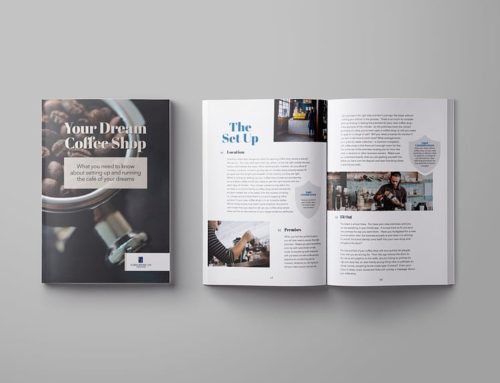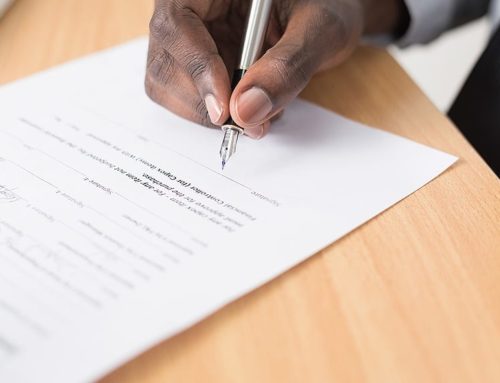A licence in law allows permission for something to be done which would otherwise be illegal. This most commonly affects the sale of alcohol where effectively permission is required.
Where a person has just bought a public house he will quickly need to ensure that the licence is also transferred to him. This can be done by way of an application to the District Court and is known as an ad interim transfer. Your solicitor will serve a notice upon the Gardaí and also the District Court Clerk and you will be able to obtain a swift hearing date. Essentially in court you will need to show that you are of good character which includes having adequate knowledge of the requirements of the licensing trade and the intoxicating liquor acts. For this purpose you will be called into the witness box to describe your experience and your solicitor will have confirmed with the Gardaí in advance of this that they accept that you are of good character.
A number of documents will need to be lodged to include your proof of title, the current licence and proof of insurance.
The ad interim transfer will last until the next annual licensing court which is always around the end of September. In advance of this date you will need to have prepared for what is known as a confirmation of transfer which is a similar type of application although further evidence from you will not be needed as it has already been given in the ad interim stage.
Upon a successful application for a confirmation of transfer the District Court will issue a certificate of transfer which in turn is submitted to the Revenue with the appropriate stamp duty. No further applications in the District Court will be needed in respect of the pub licence itself and this is simply renewed annually by paying for the appropriate stamp duty to the Revenue Commissioners.
In preparation for the confirmation of transfer notices must be served upon the local Fire Authority at least one month in advance of the annual licensing court and upon the local Superintendent 21 days prior to your hearing date. Also a notice of the intended application needs to be published at least 21 days before the licensing court.
At the hearing itself the types of proofs to be produced would normally include the original newspaper notice, the licence with the ad interim transfer endorsed thereon, title documents, a tax clearance certificate and proof of insurance.
If a person wishes to obtain a public dancing licence an application is usually made at the annual licensing court at the end of September. Similar notice periods and proofs are required as for the confirmation of transfer and this must be renewed at the sitting of each annual licensing court.
The holder of a pub licence (or wine retailers on licence) is also entitled to apply for a restaurant certificate at each annual licensing court. Again similar proofs apply but there is no requirement to notify the local Fire Service.
It is also important to be aware that special rules apply where the applicant is a limited company.
It is also necessary for registered clubs to renew their club certificate at each annual licensing court. Again this requires similar types of notice periods as set out above under the publication of a notice in a newspaper. The types of proofs necessary include the club rules, a list of members, a list of club officers, title and insurance.
The above sets out a flavour of the types of applications that can be made in respect of licences which can include the following:
- Entertainment licences;
- Licences for restaurants, hotels and holiday camps;
- New retail licences;
- Exemption orders and occasional licences;
- Renewal and transfer licences;
- Club licences;
- Wholesale dealers and manufacturers licences;
- Wine retailers licences.






